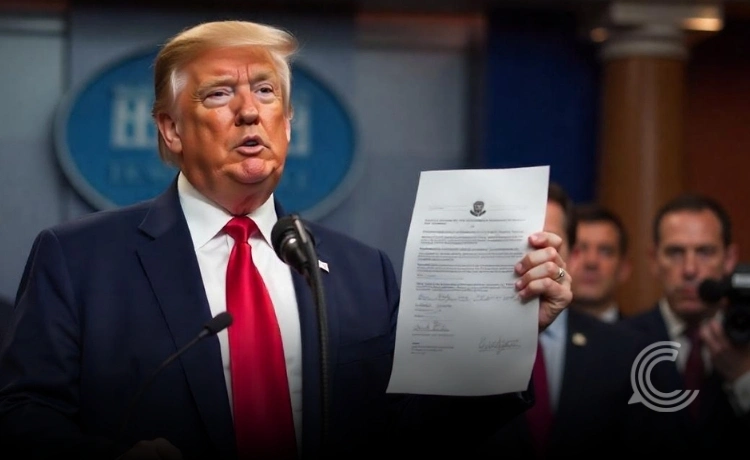US Halts Afghan Immigration as Trump Seeks Security Review

Key Points:
- U.S. Citizenship and Immigration Services (USCIS) announced an immediate and indefinite halt to processing all Afghan immigration requests pending a review of security protocols
- The suspect, identified as Rahmanullah Lakanwal, is an Afghan national who entered the U.S. in 2021 through the OAW program following the U.S. withdrawal from Afghanistan
- The incident has been seized upon by political leaders, including President Donald Trump, who called the attack an “act of terror”
The United States has indefinitely suspended the processing of all immigration requests for Afghan nationals, a drastic move taken immediately following an attack near the White House that critically injured two National Guard members. The suspect in custody, an Afghan national who arrived in the U.S. in 2021, has reignited the fiercely political debate over national security and the vetting procedures for Operation Allies Welcome (OAW) refugees.
The Immediate Impact of the Halt
The announcement came via a statement from the U.S. Citizenship and Immigration Services (USCIS) late Wednesday, November 26, 2025. The agency confirmed the decision on X, stating: “Effective immediately, processing of all immigration requests relating to Afghan nationals is stopped indefinitely pending further review of security and vetting protocols.”
The USCIS further added, “The protection and safety of our homeland and of the American people remains our singular focus and mission.”
The immediate halt affects a wide range of applications, including those seeking Special Immigrant Visas (SIVs), designed for Afghans who risked their lives assisting U.S. forces, as well as pending asylum cases, family reunification petitions, and other immigration pathways. This action freezes the legal process for thousands of vulnerable individuals and families still hoping to reach safety in the U.S.
The Suspect and the Vetting Debate
The shooting, which occurred just blocks from the White House, critically wounded two members of the West Virginia National Guard who had been deployed to the capital. Law enforcement officials identified the suspect as Rahmanullah Lakanwal, who had been living in Washington state.
Authorities confirmed that Lakanwal entered the country in September 2021 as part of Operation Allies Welcome(OAW), the program established to rapidly evacuate and resettle tens of thousands of Afghans after the collapse of Kabul. The program facilitated the entry of approximately 76,000 Afghans, many of whom served as interpreters, guides, or cultural advisors to U.S. troops.
Since its inception, OAW has been scrutinized by critics, particularly congressional Republicans, who have questioned the speed of admissions and alleged potential gaps in the extensive national security vetting process, despite advocates arguing the program was a humanitarian necessity to protect those facing Taliban reprisals. The Department of Homeland Security’s confirmation of the suspect’s OAW entry has thrown the program’s security efficacy back into the center of the national security spotlight.
Political Rhetoric and Policy Shifts
President Donald Trump delivered a video address condemning the “monstrous, ambush styled attack” as an “act of evil, an act of hatred, and an act of terror.”
President Trump used the incident to connect the attack directly to what he described as lax migration policies. He explicitly called for a renewed investigation into all Afghan immigrants admitted under the prior administration. According to CBS News, the President stated: “We must now reexamine every single alien who has entered our country from Afghanistan under [the previous administration].”
This statement confirms a major policy shift already underway, as internal federal government memos, obtained by CBS News days before the shooting, had already directed immigration officials to begin reviewing the cases of refugees admitted during the period of January 2021 to February 2025. The attack provides immense political impetus for the administration to expand and accelerate this review, raising deep uncertainty for all Afghans currently residing in the U.S. under parole or other temporary statuses.
Humanitarian Concerns and Legal Challenges
While the administration prioritizes a review of national security protocols, the halt raises immediate humanitarian alarms. For Afghans still abroad, the indefinite suspension means a life-threatening waiting game, leaving those who qualify for SIVs in perpetual limbo under Taliban rule.
The move is expected to face immediate legal challenges from immigration advocacy groups. Organizations like the International Refugee Assistance Project (IRAP) previously condemned announced actions against immigrants, vowing to continue fighting against policies that they argue “dismantle critical immigration pathways.”



